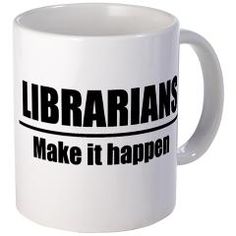PlumX for Altmetrics on Scholarly Impact

Previously, I discussed the problem with impact factor in law and the seemingly insurmountable task of creating a meaningful impact factor. But as any good law librarian would do, we always try to "make it happen." To that end, I recently ran across PlumX as a platform to aggregate various metric sources. As noted on Texas Tech University's LibGuide on point , besides traditional citation counts, there are many ways of tracking research impacts. They try to capture the presence in new scholarly venues, presence and impact in social media and other forms of online engagement, such as views, downloads, bookmarks etc. Collectively, we refer to these as altmetrics , as opposed to traditional citation measurement using Web of Science, Scopus and other citation enhanced databases. PlumX is a subscription-based platform for tracking research impact. PlumX gathers and brings together appropriate metrics for all types of scholarly research output. They categorize me

